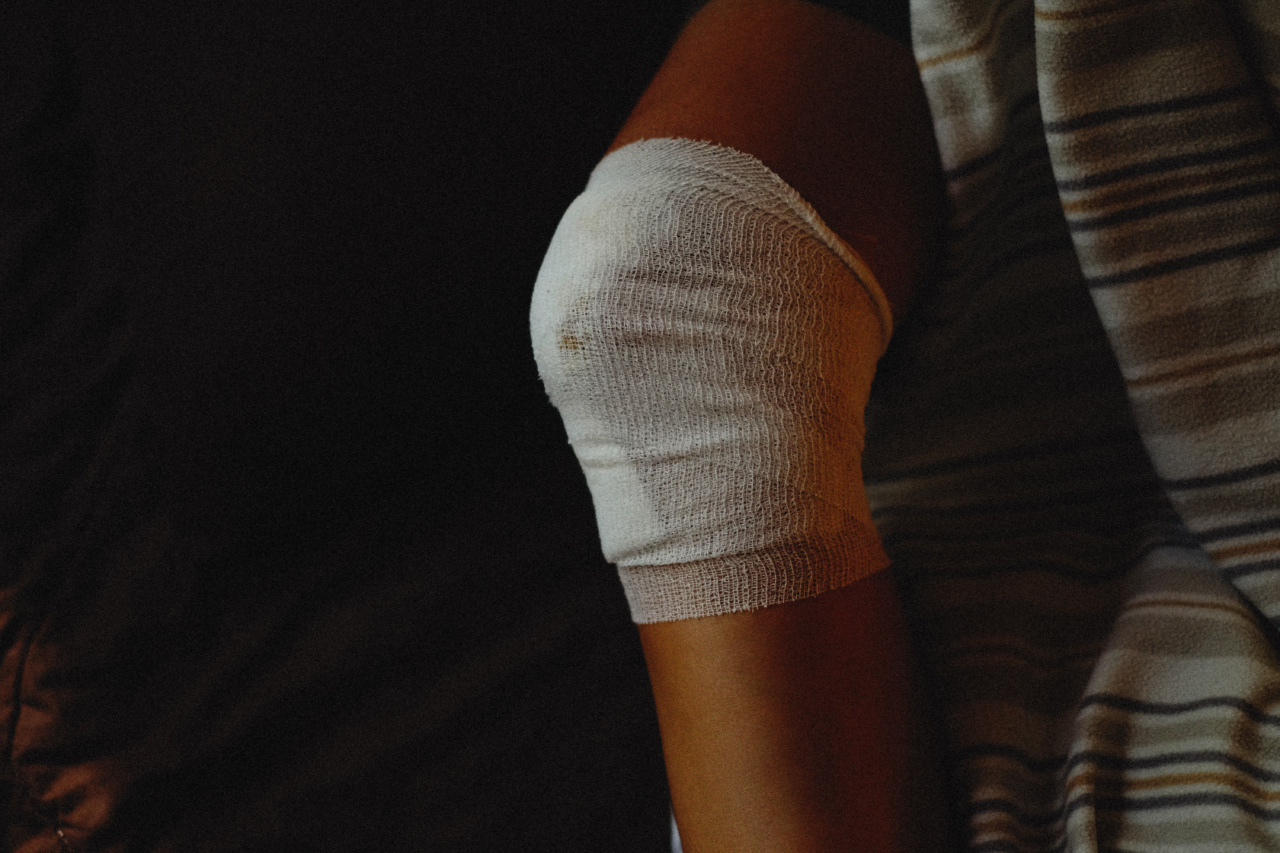Have you ever noticed that your skin seems to bruise very easily, even from minor bumps or knocks? This can be quite concerning, especially if you are not aware of the underlying reasons behind it.
In this article, we will explore the various factors that can contribute to easily bruised skin and offer some helpful insights into managing this condition.
Understanding Bruising
Before delving into the reasons behind easily bruised skin, it is important to understand what bruising actually is.
When our bodies experience trauma or injury, the small blood vessels near the skin’s surface may rupture, causing blood to leak into the surrounding tissue. This trapped blood appears as discoloration, commonly known as a bruise.
Bruises typically go through a series of color changes, starting with red or purple, then turning to blue or green, and finally fading to yellow or brown as the body reabsorbs the blood.
Reasons for Easily Bruised Skin
1. Aging.
As we age, our skin becomes thinner and less elastic, making it more prone to bruising. The natural fat layer beneath the skin also diminishes, further reducing the cushioning and protection provided to blood vessels.
Therefore, the elderly tend to experience bruising more easily than younger individuals.
2. Medications.
Certain medications, such as blood thinners (e.g., aspirin, warfarin) or antiplatelet drugs (e.g., clopidogrel), can interfere with the body’s ability to clot blood. This can lead to easy bruising even from minor impacts.
If you are taking any medications that might contribute to your easily bruised skin, consult with your healthcare provider for alternative options or ways to manage this side effect.
3. Vitamin Deficiencies.
Inadequate levels of vitamins C, K, and D can weaken blood vessels, impair blood clotting, and affect the overall health of your skin, making it more susceptible to bruising.
Including foods rich in these vitamins, such as citrus fruits, leafy greens, and fatty fish, in your diet can help improve your skin’s strength and resilience.
4. Sun Damage.
Excessive exposure to the sun’s harmful ultraviolet (UV) rays can damage collagen and elastin fibers in the skin, making it thinner and more delicate.
Sun-damaged skin is more prone to bruising, so it is important to protect your skin from UV rays by wearing sunscreen, protective clothing, and avoiding prolonged sun exposure.
5. Genetics.
Some individuals naturally have more fragile blood vessels due to genetic factors. If you have a family history of easily bruised skin, you may be more prone to experiencing bruises from even minor trauma.
While you cannot change your genetic predisposition, being mindful of your skin’s fragility can help you take precautions to prevent unnecessary bruising.
6. Underlying Medical Conditions.
Certain medical conditions can make your skin more susceptible to bruising. These include:.
– Hemophilia: A genetic disorder that impairs the blood’s ability to clot, resulting in prolonged bleeding and easy bruising.
– Thrombocytopenia: A condition characterized by a low platelet count, leading to impaired blood clotting and increased susceptibility to bruises.
– Leukemia: A type of cancer that affects the body’s blood-forming tissues, including the bone marrow, resulting in easy bruising among other symptoms.
If you suspect an underlying medical condition may be causing your easily bruised skin, it is crucial to consult with a healthcare professional for proper diagnosis and treatment.
Managing Easily Bruised Skin
While it may not be possible to completely prevent bruises, there are steps you can take to minimize their occurrence and promote faster healing:.
1. Protect Your Skin.
Wearing protective clothing, like long sleeves and pants, can shield your skin from minor traumas that could lead to bruising. Using cushioned pads or guards during physical activities can also help absorb some impact.
2. Apply Ice.
Immediately after experiencing a minor injury or bump, applying an ice pack wrapped in a cloth to the affected area can help reduce swelling and limit the discoloration of a bruise.
3. Elevate the Injured Area.
If possible, elevating the injured area above heart level can minimize blood flow to the area, which may help reduce bruising.
4. Topical Treatments.
Applying topical treatments that contain arnica or bromelain, known for their anti-inflammatory properties, may help reduce swelling and promote quicker recovery from bruises.
However, consult with a healthcare professional before using any new products.
5. Maintain a Healthy Diet.
Eating a nutritious and balanced diet can help strengthen your skin and blood vessels, reducing the likelihood of easy bruising. Ensuring adequate intake of essential vitamins and minerals is particularly important.
6. Avoid Blood-Thinning Medications.
If possible, avoid medications known to thin the blood, as they can increase your susceptibility to bruising. However, always consult with your healthcare provider before making any changes to your medication routine.
Conclusion
Easily bruised skin can be a result of several factors, including aging, certain medications, vitamin deficiencies, sun damage, genetics, or underlying medical conditions.
By understanding the potential causes, you can take steps to minimize bruising and promote quicker healing. Remember to consult with a healthcare professional if you have concerns about your easily bruised skin, especially if there are accompanying symptoms or possible underlying medical conditions.






























